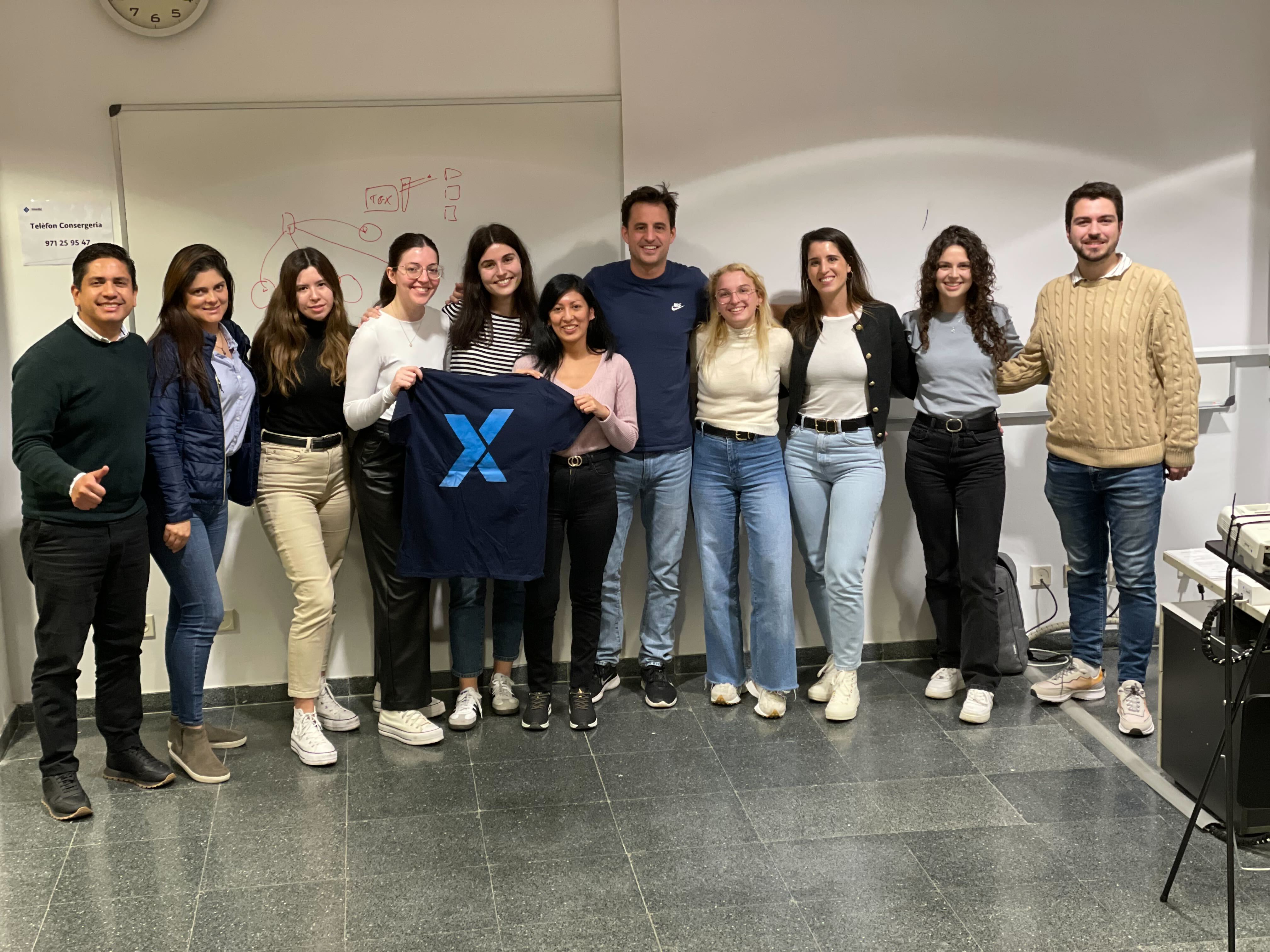Ethics and responsibility in the integration of AI within the travel sector
Posted by Content

In a recent course on Tourism Marketing and Distribution at the University of the Balearic Islands, Iñaki Fuentes, current COO of TravelgateX, delivered an enlightening talk on how artificial intelligence (AI) is reshaping the tourism industry. His presentation addressed not only AI's transformative capabilities, but also the ethical and moral responsibilities that come with its integration into this ever-evolving sector.
Artificial intelligence promises a new era of personalization in tourism, wherein the customer experience can be enhanced to unprecedented levels. However, with significant power comes great responsibility. AI's vast capability to compile and analyze user data is a double-edged sword. Managing such data must be done with the utmost care, protecting customers' privacy at all costs. In this respect, Iñaki Fuentes emphasized the need for policies and practices ensuring transparency and security, thereby securing travelers' trust and peace of mind.
The technological disruption raises critical questions about employment in the tourism sector. Fuentes highlighted how robotization and automation, while efficient, might threaten traditional jobs. The industry must face this challenge by promoting re-education and offering affected workers new roles within the sector. This labor readjustment is vital for maintaining a healthy social fabric in areas impacted by the digital transformation. Furthermore, Fuentes suggested that we must be aware of the cultural and environmental impact that AI could trigger.
The irresponsible utilization of these technologies has the potential to lead to a surge in mass tourism, which can erode the distinct culture of destinations and degrade their natural environments. On the contrary, intelligent tourism should strive for a harmonious blend of economic development and sustainability, fostering practices that uphold the cultural and environmental abundance of each location. Fuentes' presentation at the University of the Balearic Islands served as a powerful call to action for all stakeholders involved, including developers, lawmakers, tourism companies, and consumers, to collaborate in the promotion of ethical AI.
Technology must evolve alongside a set of moral principles that guarantee its responsible use. Regulatory frameworks are crucial in ensuring that technological advancements have a positive societal impact. In conclusion, Fuentes stressed that being "smart" with AI involves more than just technological savvy. It means implementing it with a comprehensive vision of its long-term effects, enriching the tourism industry, and contributing to general well-being. AI should be utilized to promote tourism practices that respect personal privacy, the work environment, and the cultural and environmental legacies of destinations.
The clear takeaway from Iñaki Fuentes' message is this: artificial intelligence has the potential to significantly aid in the growth and diversification of global tourism. However, this can only be achieved if it is grounded in ethical principles and shaped with consideration for individual respect and overall societal well-being. As the tourism industry stands at the threshold of embracing AI, it must not forget the moral responsibility to apply intelligence wisely.
Categories:
Eventos
